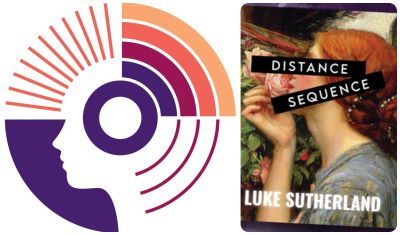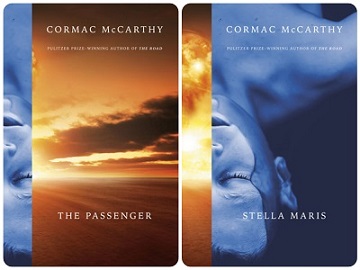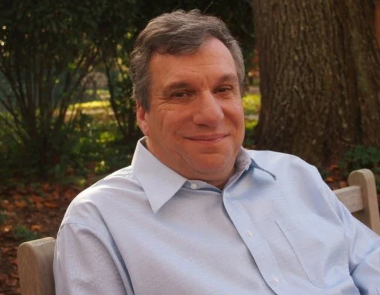Learning to survive on and off the page.

This isn’t my first time living in DC, but it is my first go of it as a man. I came out to myself in a liminal period, post-college years in my hometown marked by cold beaches and post-traumatic stress. Transitioning felt impossible. Who was I kidding, trying to own my body? I wrote short stories, projecting the doom I felt onto an avatar of sorts, a fictional trans man who’d succeeded in surviving but at the cost of loneliness, abjection, and hallucination. That was the future I imagined for myself.
Years later (and back in DC), I still write trans stories, but I’m not particularly interested in recounting my own coming out. For decades, memoir was the only genre trans writers could get published in. Even then, the barrier to entry was steep, hinging on other identities — like being white and upwardly mobile. Books in that exact category comforted me in my early days, Daniel M. Lavery and Thomas Page McBee acting as both mirrors and portals to what I was and could be. Still, personally contributing to the Trans Memoir Industrial Complex (trademark pending) was not on my agenda.
Strange, then, that my first chapbook, Distance Sequence, should be memoir, and distinctly trans memoir at that. I had no plans of writing it; the story tumbled out of me in a few feverish weeks. I wrote it because I fell in love, and love makes me verbose. I wrote it because I was trying to actually remember the sensations of my life instead of letting them fall into the well of dissociation I’d been digging for years. I was never one to keep a diary.
Getting to a place where I can introduce myself as a writer and really mean it wasn’t a feat of bootstrap-lifting. At every moment, there have been queer artists nourishing me. When I moved back to DC, I was aching for community, both trans and literary. I started organizing, helping out with book clubs, scheduling co-writes and readings. Brilliant writers were all around me, and a thread started to appear: Few of them believed themselves to be publishable.
At the same time, my dear friend Andrea and I became enamored with the Brooklyn trans literary scene, a world moved in no small part by Little Puss Press. Its publishers — Cat Fitzpatrick, Casey Plett, and Emily Zhou — have built a culture where joy is the norm. For months, we bemoaned that there was no DC equivalent, no locals on the ground to convince all of our friends that they were artists. At some point, we had to ask: Why not us? Why not now? In 2023, Andrea and I founded the small press Lilac Peril, hoping to do just that.
Right now, trans antagonism abounds. Every level of government is poised to make our lives harder, though the threat to bodily autonomy stretches beyond transness. We can see it in the fall of Roe, in global genocides. There are things more urgent than art — our heartbeats, our bonds, our stomachs and what’s in them. How do we square writing and surviving in the maw of crisis?
Here’s one way to start: We take a critical eye to what we’re putting our energies into. We have conversations about how to keep each other alive. Maybe art is a part of that, a horizon to look toward, a pillow for our dreams to rest on. Maybe there are more pressing needs to attend to. I don’t know, but I’d like to stick around to find out. I hope you do, too.
[Editor’s note: This piece is in support of the Inner Loop’s “Author’s Corner,” a monthly campaign that spotlights a DC-area writer and their recently published work from a small to medium-sized publisher. The Inner Loop connects talented local authors to lit lovers in the community through live readings, author interviews, featured book sales at Potter’s House, and through Eat.Drink.Read., a collaboration with restaurant partners Pie Shop, Shaw’s Tavern, and Reveler’s Hour to promote the author through special events and menu and takeout inserts.]
Luke Sutherland is a multi-genre writer and library worker. His debut chapbook, Distance Sequence, won the OutWrite 2023 Chapbook Contest in Nonfiction and is forthcoming from Neon Hemlock Press. He was a finalist for the Larry Neal Writers’ Award, the Black Warrior Review Flash Contest, and the SmokeLong Quarterly Award for Flash Fiction. His work has appeared in smoke and mold, ANMLY, Bright Wall/Dark Room, and elsewhere. He is also a co-editor of the trans micropress Lilac Peril. You can find him online as @lukejsuth.

